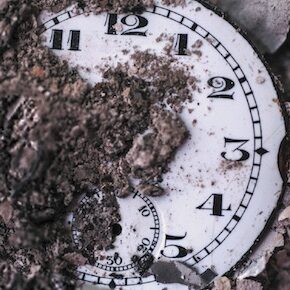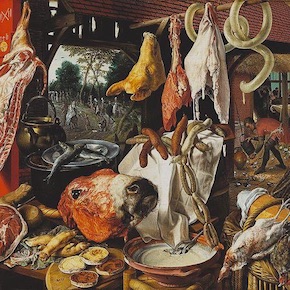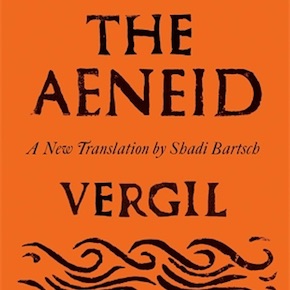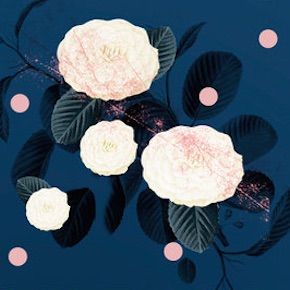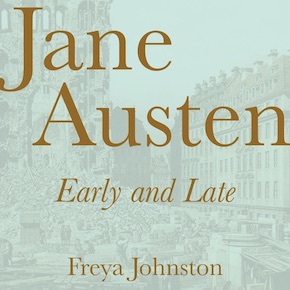
Towards an aesthetics of (im)perfection
There is a certain aura of myth and legend when it comes to Jane Austen. We think we know so much about her, and at the same time we apparently never tire of being thrilled by the mystery that seems to surround her, from her private life to what is quite simply her writerly genius....
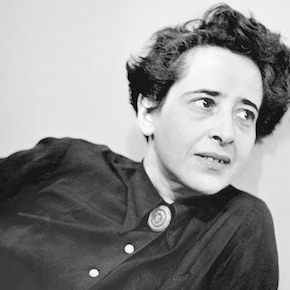
A thousand and one tales of a philosophical life
What can Hannah Arendt possibly teach us today? What was, and still is one hopes, her indelible imprint on the world, on our humanity, on what she so unwaveringly upheld as civilisation? And who was she? How did she become that singular multitude of perspectives, human facets, existential and conceptual spaces that can certainly lay...
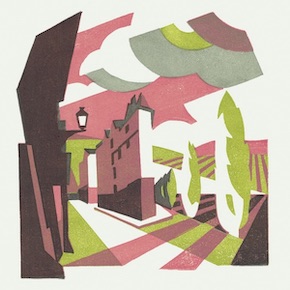
The story of their history
The experience of lost places of belonging, of lost states of existence, together with the tenacity to defy and resist both loss and non-being, are deeply ingrained in the Russian language: thanks to Maxim Gorky, a term such as Бывшие люди, or ‘former people’, would come to acquire an eerily tangible corporeality, reality, and even...
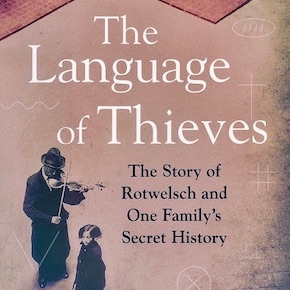
Secrets and lies, red Welshmen and words of vagrant wisdom
“All families develop a special language, words and references no outsider can understand. My family’s special language was Rotwelsch.” Thus begins Martin Puchner’s complex, compelling, if at times ambivalent exploration of a family and a language, or in point of fact of Language (and perhaps Family) capitalised. Of language as an institution, as a structure...
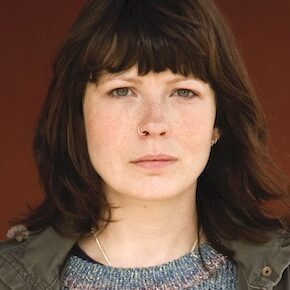
On ghosts and grace
At the outset of our email chat about her new novel Ghosted, when I tell her how deeply I connected with her story, Jenn Ashworth accepts my heartfelt praise with the comment: “It’s all I want, really, when people read my books – just to feel like they’ve been acknowledged and offered something half-useful.” It’s...
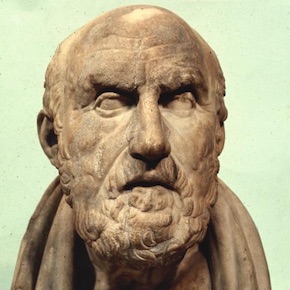
Don’t just think about it – how thoughts can be life’s actions
The ancient Greeks, and the Romans in their wake, loved to think. They were enchanted, startled and astonished by the world around them, not only by its wondrousness, but also by its terrifying vastness, inscrutable perils, its dark mysteriousness and unknowingness. They found a sense of thrill and exaltation in the perusal of magnitude and...
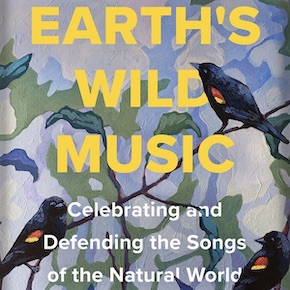
A symphony of life
The daughter of a biologist, the wife of a biologist, and the mother of a biologist, it’s safe to say that Kathleen Dean Moore has an affinity for biology, environmentalism specifically, and comes across as a staunch activist concerning the deleterious effects of climate change in her most recent collection of essays Earth’s Wild Music:...
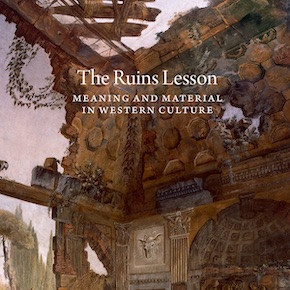
Towards a poetics of wreckage
There is something thrilling about a beautiful book – a book whose aesthetic, material presence, and the evocative momentum of its ideas and the words that embody them, seek to touch a reader’s every nerve, even that insubstantial vital centre we call our soul. Susan Stewart’s The Ruins Lesson: Meaning and Material in Western Culture...

